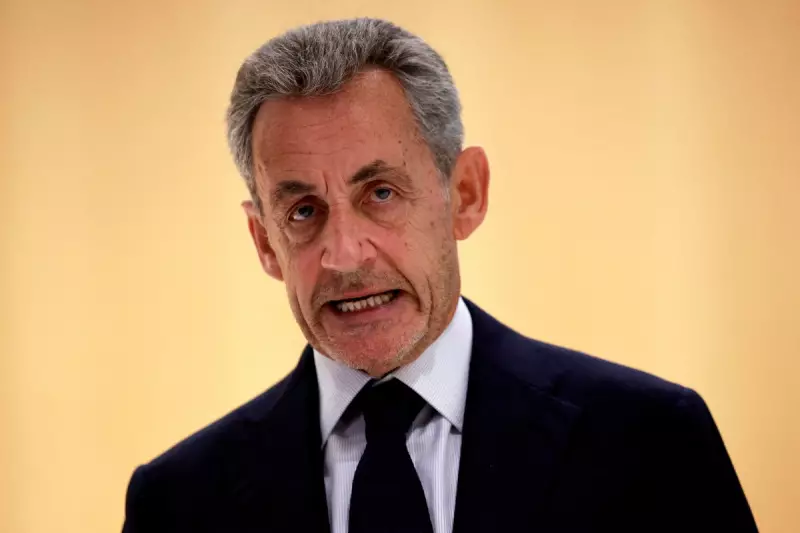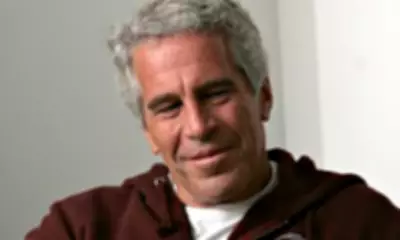
In a stunning development that has sent shockwaves through French political circles, former President Nicolas Sarkozy finds himself facing the very real prospect of incarceration. A Paris appeals court has delivered a crushing blow to the 69-year-old politician, upholding his previous corruption conviction and sentencing him to prison.
The court ruled that Sarkozy would be required to wear an electronic surveillance bracelet rather than serve time behind bars immediately, but the symbolic weight of the judgement remains heavy. This legal battle stems from what prosecutors have dubbed the "Paul Bismuth" affair, involving allegations that Sarkozy sought to obtain confidential information from a senior magistrate in exchange for promises of prestigious positions.
A Dramatic Fall from Political Heights
The conviction represents a remarkable reversal of fortune for the man who once occupied the highest office in France. Sarkozy, who served as president from 2007 to 2012, now joins the ranks of former French leaders facing serious legal consequences, creating an unprecedented situation in the nation's political history.
Legal experts suggest this case signals a new era of accountability for French politicians, regardless of their former status. The court's firm stance demonstrates that even the most powerful figures are not immune to judicial scrutiny when allegations of corruption emerge.
The Case That Could Reshape French Politics
This ruling comes at a delicate time for French politics, with current President Emmanuel Macron navigating complex political waters. The Sarkozy case has reignited debates about transparency and ethical standards within France's political establishment.
Observers note that the prolonged legal proceedings have already significantly impacted Sarkozy's political influence and legacy. Despite maintaining his innocence throughout the process, the former president now faces the practical implications of a confirmed criminal conviction.
As Sarkozy's legal team considers their next moves, including potential appeals to higher courts, the political world watches closely. This case not only determines one man's future but could potentially reshape how France deals with allegations of corruption at the highest levels of government.





